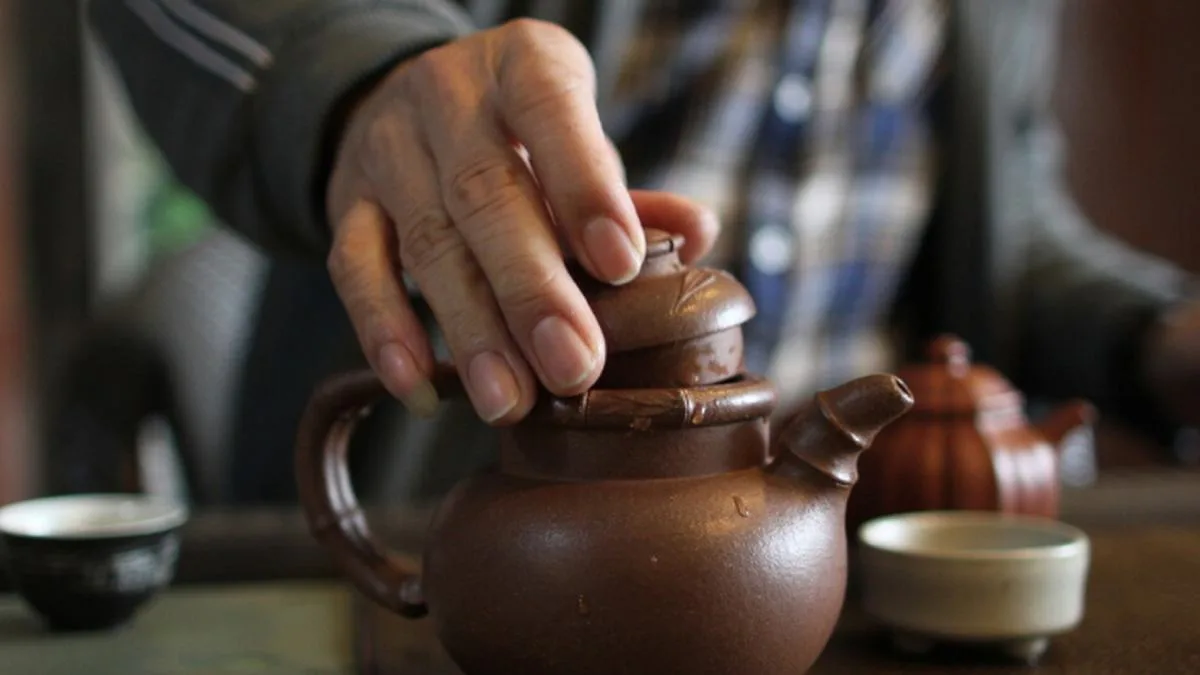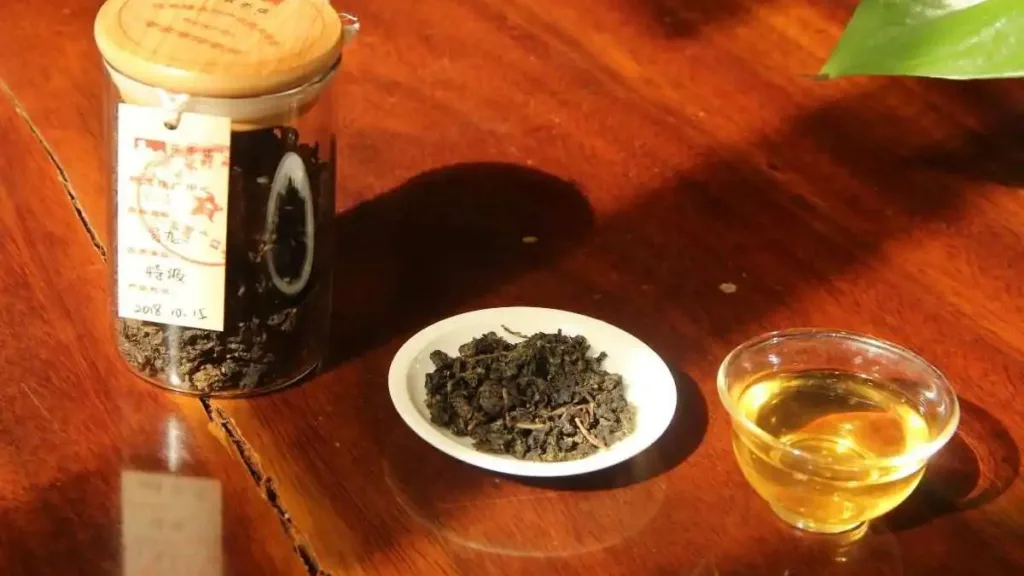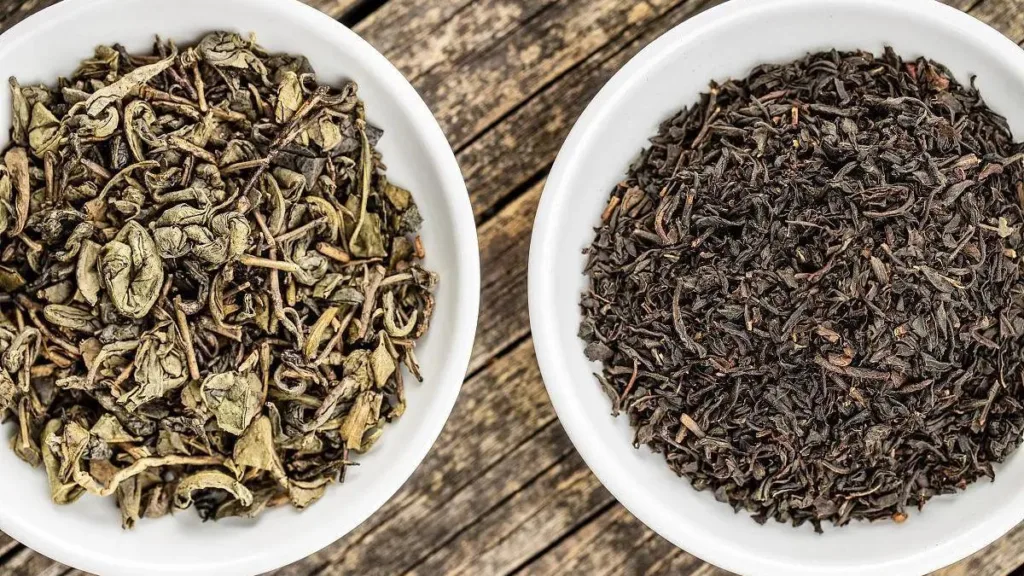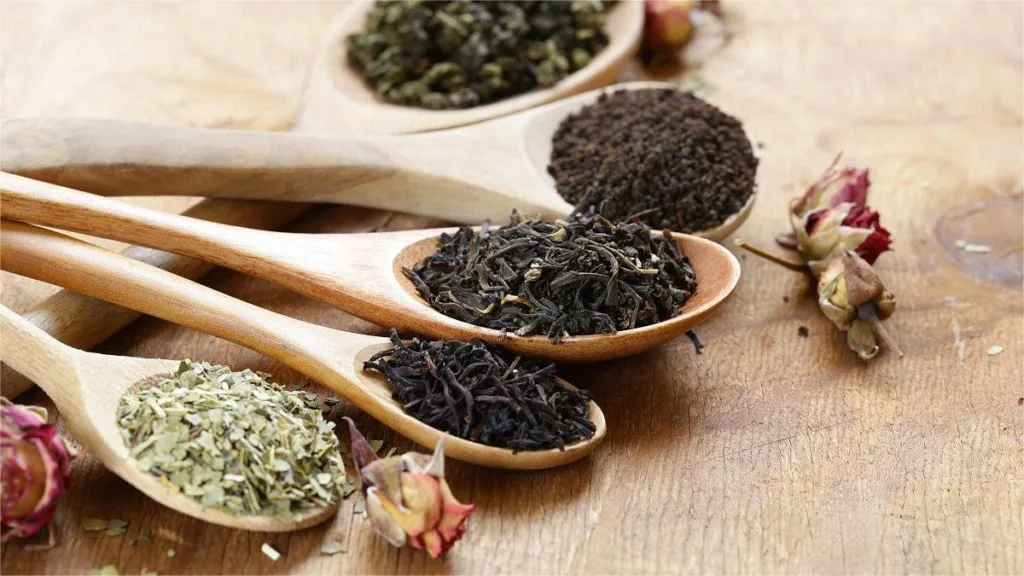Curiosity often arises about whether Chinese elderly individuals engage in the tradition of tea-drinking. The resounding answer is yes. In fact, tea consumption among the elderly in China is widespread and deeply ingrained in their lifestyle. This practice, however, comes with its own set of considerations and etiquettes. Today, let’s delve into the specifics of this cultural phenomenon.
China, being the birthplace of tea, has elevated tea-drinking to a symbol of its culinary culture. After steeping tea leaves in boiling water, the resulting beverage not only boasts a rich and refreshing flavor but also contains a plethora of beneficial substances. Consuming tea is believed to balance the body’s Yin and Yang, uphold overall well-being, and even contribute to an extended and healthier life.
With a multitude of tea varieties such as green tea, black tea, white tea, yellow tea, and more, there is a tea for every preference. In China, where the population of tea drinkers is vast, especially among the middle-aged and elderly, tea has become a cultural cornerstone.
However, concerns have been raised regarding the tannic acid in tea, claiming it impedes the absorption of nutrients and stimulates blood vessels and nerves, potentially leading to cardiovascular accidents in elderly individuals with arteriosclerosis. Does this mean that tea-drinking is detrimental for the elderly as suggested?
Contrary to these claims, tea consumption is not only permissible but also comes with numerous benefits for the elderly:
- Prevention of Cardiovascular Diseases:
- Tea, rich in polyphenols, vitamins, and alkaloids, helps dilate arteries and reduce blood clot formation. The antioxidants in tea also decrease the risk of cardiovascular diseases, making moderate tea consumption beneficial for vascular health in the elderly.
- Prevention of Age-Related Ailments:
- Tea aids in enhancing memory and improving short-term brain function, preventing neurodegenerative diseases associated with aging. Green tea, in particular, has been proven to regulate insulin levels in the blood, reducing the risk of diabetes.
- Weight Management:
- Maintaining a normal weight is advantageous for the elderly, contributing to longevity. Moderate tea consumption can assist in weight control, especially as the catechins in green tea act as antioxidants, aiding in the burning of abdominal fat and suppressing appetite when combined with exercise.
- Cultivation of Character:
- Savoring tea in a serene setting can clear the mind, promoting self-cultivation and a tranquil disposition.
While the benefits of tea are numerous, especially for the elderly, it’s crucial to be mindful of certain considerations. Here are the “5 Don’ts” for optimal tea consumption:
- Avoid Strong Tea:
- Prolonged steeping or excessive tea leaves can lead to a concentrated brew, which should be avoided. Both the quantity of tea leaves and steeping time should be moderated.
- Avoid Overnight Tea:
- Tea loses its nutritional value and develops bacteria when left overnight, leading to gastrointestinal issues and indigestion. The loss of the original flavor also makes overnight tea less enjoyable.
- Avoid Tea on an Empty Stomach:
- The caffeine in tea, when consumed on an empty stomach, can lead to excessive absorption of caffeine by the digestive system, potentially causing tea intoxication.
- Avoid Excessive Tea Consumption:
- Excessive and frequent tea consumption can result in tea intoxication and insomnia, negatively impacting the absorption of nutrients.
- Avoid Inappropriate Tea Types:
- Different tea varieties have different properties. For instance, green tea is cool in nature, while black tea is warm. Individuals with a propensity for heat should opt for cooler teas like green tea, while those with weak digestion should consume green tea in moderation to prevent stomach discomfort.
In conclusion, while tea-drinking is a deeply ingrained and culturally significant practice among the elderly in China, it is essential to approach it with moderation and awareness of individual health conditions. The rich tradition of tea not only offers a delightful beverage but also contributes to the overall well-being of the elderly, embodying a harmonious blend of cultural heritage and health-conscious choices.



